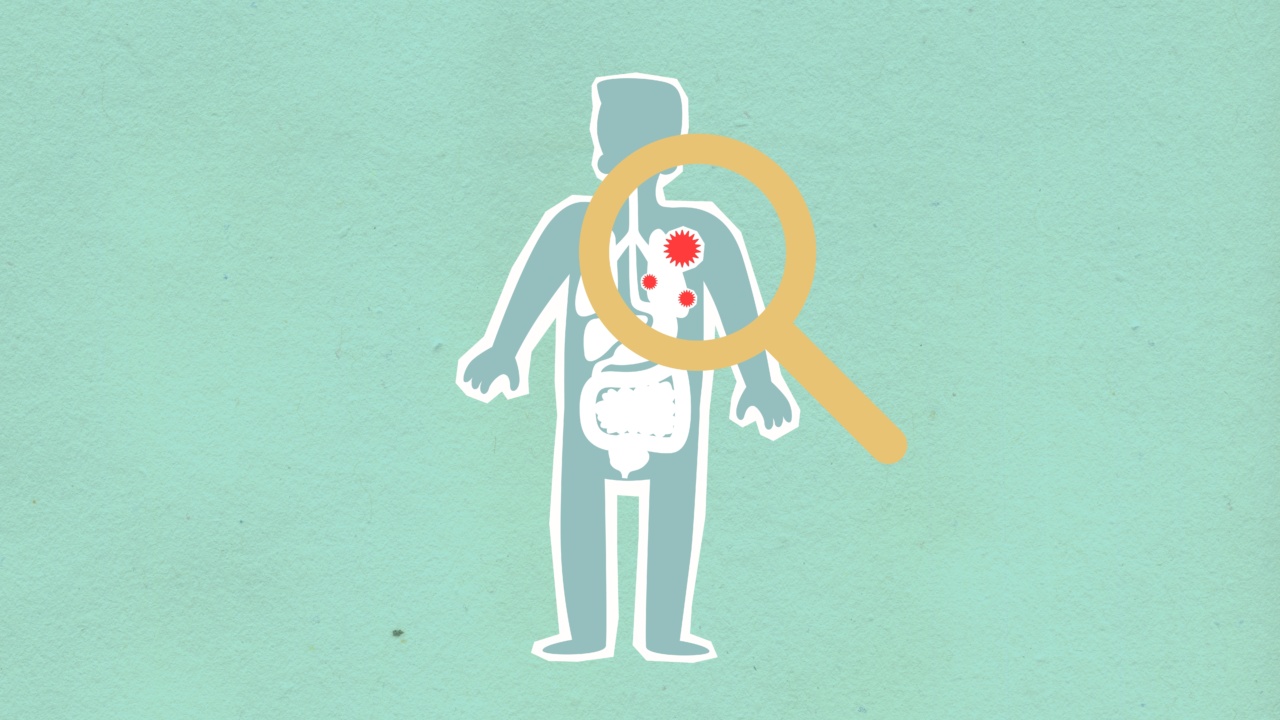The flu can be a serious illness for individuals of any age, but it can pose a bigger threat for older adults, especially those who are 85 years old and above.
With a weakened immune system, seniors are more vulnerable to catching the flu and experiencing severe complications that can lead to hospitalization or even death.
Understanding the Flu and its Symptoms
The flu is a highly contagious respiratory infection caused by the influenza virus. It is typically spread through coughs, sneezes, or touching a surface contaminated with the virus. The symptoms of the flu can range from mild to severe, including:.
- Fever/chills
- Cough
- Sore throat
- Runny or stuffy nose
- Muscle/body aches
- Headaches
- Fatigue
If you experience flu-like symptoms, it is essential to seek medical attention right away, especially if you or a loved one are 85 years old or older.
The flu can quickly progress into more severe complications, such as pneumonia, which can be life-threatening for seniors.
Risk Factors for Seniors
Older adults are more vulnerable to the flu because of their weakened immune systems and other underlying health conditions that make them more susceptible to complications.
Here are some of the risk factors that can increase the likelihood of catching the flu:.
- Age (85 years old or older)
- Chronic health conditions, such as heart disease, diabetes, or respiratory illnesses
- Living in nursing homes or residential facilities
- Reduced mobility or weakened immune system
The Importance of Prevention
Preventing the flu is essential, especially for older adults at higher risk for severe complications. Here are some ways to reduce the likelihood of catching and spreading the flu:.
- Get the flu vaccine
- Wash your hands frequently with soap and water or alcohol-based hand sanitizer
- Avoid close contact with sick people
- Cover your nose and mouth when coughing or sneezing
- Clean and disinfect surfaces that may be contaminated with the virus
It is also essential to seek medical attention right away if you experience flu-like symptoms. Antiviral medications can help reduce the duration and severity of the flu if taken early enough.
The Importance of Treatment
If you or a loved one are 85 years old or older and have caught the flu, getting prompt medical treatment is crucial. The flu can worsen quickly and progress into more severe complications, such as pneumonia, which can be life-threatening.
Here are some of the treatment options available to seniors who have caught the flu:.
- Antiviral medications, which can help reduce the duration and severity of the flu if taken early enough
- Prescription medications to alleviate symptoms, such as fever, cough, or sore throat
- Increased hydration and rest
- In case of severe complications, hospitalization may be required
Conclusion
The flu can be a serious illness, particularly for older adults aged 85 and above, who are at higher risk of severe complications.
It is essential to understand the risk factors, symptoms, and treatment options available to seniors who have caught the flu. Prevention is also crucial, and getting the flu vaccine and taking other preventative measures can help reduce the likelihood of catching and spreading the flu.
With timely medical attention and care, seniors can recover from the flu and avoid severe complications.




























